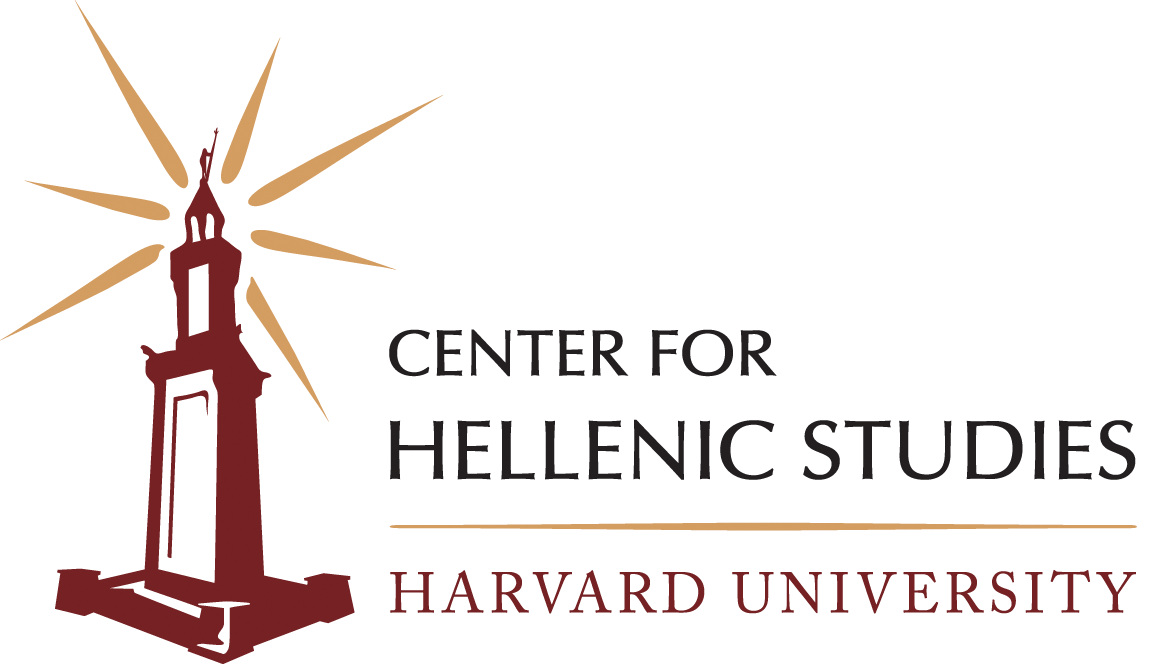
Guest post by Christos Aliprantis, Early Career Fellow in Philhellenism 2022-23
Research topic during fellowship: The Habsburg Empire and ‘Imperial Philhellenism’ in the Greek Revolution of 1821
Philhellenism has been widely recognized as a highly influential intellectual and political movement of the eighteenth and nineteenth centuries, which brought together more often than not classicist aesthetics, liberal ideas, and Christian principles. The Philhellenic mobilization in Europe and North America in favor of the Greek cause above all during the Greek Revolution of 1821-30 left a notable imprint in the arts, letters, and political values of the early nineteenth century. On the other hand, the conservative forces, which stood against the emancipatory messages of Philhellenism have remained largely understudied. My research as the CHS early career fellow redirected exactly the scope of philhellenic research from the Philhellenes per se to their adversaries and therefore sought a more rounded understanding of the wider nineteenth-century political culture and its contexts.
More precisely, my research focused on state police and security measures aiming to contain the Philhellenic agitation (and the Greek revolutionaries more broadly), especially in the 1820s, when the Greek Revolution appeared as a challenge for post-Napoleonic stability in Europe. I studied the police policies primarily of the Habsburg Empire, but also of Prussia, France, and certain Italian states (Papal States; Kingdom of Two Sicilies) to explore the nexus of security measures at both single-state and interstate levels. Therefore, through Philhellenism I sought to understand the larger-scale dynamics of state formation, security, and policing across Europe and the Mediterranean in the Age of Revolutions. Although historical in nature, my research approach was also influenced by other disciplines (political science, international relations, law, security studies), wherefrom I used methodologies with an added historical depth. Such an approach enabled to structure my arguments and primary material accordingly. The latter came from a variety of libraries and above all state archives in Austria, Germany, Italy, France, and Greece.
The support of the CHS fellowship in Philhellenism was of extraordinary importance in helping me fulfill my goals and enhance my early career profile. The Harvard libraries and digital resources fastened significantly the search for secondary literature. The fellowship’s resources afforded me a number of research trips abroad and also enabled me to hire a number of research assistants, who carried out additional work on my behalf in otherwise remote archives. So far, I have presented the results of this work at conferences and workshops in the UK, Germany, Austria, Italy, and Greece. Pertinent publications are already out; are presently forthcoming; or are at most commissioned. These include articles in peer-reviewed journals (Journal of Modern European History) and chapters in edited volumes by international publishers (Bloomsbury, Berghahn Books).
At this point, I should emphasize the role of the Society for Hellenism and Philhellenism (SHP) and its Museum of Philhellenism in Athens, which co-sponsored my fellowship, which opened the way for a most fruitful partnership, which may be extended even beyond the fellowship’s timeframe. I was able to organize a very successful workshop titled “Philhellenism across the Ages” on March 18-19, 2023 at the premises of the Museum. The workshop, sponsored by both CHS and SHP, studied the historical evolution and diachronic impact of the philhellenic ideas between the eighteenth and the twentieth century.
Finally, the trip to the CHS in Washington DC in early February 2023 also enabled me to widen my academic network and present my research to an audience of classicists and modernists alike. I used the opportunity to carry out relevant research in the US National Archives, and furthermore cultivate a bond with the CHS (in both Washington DC and in Nafplio), which will hopefully continue in the coming years as well.
About Christos Aliprantis
 Christos Aliprantis is a historian of modern Europe from a transnational and comparative perspective focusing on central, east-central, and south-eastern Europe in the long nineteenth century. He earned his Ph.D. in history from the University of Cambridge in 2020 with a dissertation on the Austrian and Prussian political police activity across Europe between 1830 and 1870. Later, Christos was a Max Weber postdoctoral fellow at the European University Institute in Florence (2020-21) and he currently serves as a Marie Sklodowska Curie research fellow at Ludwig Maximilian University in Munich. His research interests, publications, and conference presentations deal with state formation, intelligence gathering, and political emigration and exile in 19th and 20th-century Europe. During his tenure as a CHS Fellow in Philhellenism, Christos places Austrian intelligence gathering in the context of the Greek revolution and examines the role Philhellenism played in shaping Austrian attitudes and policies vis-a-vis the Greek question in the 1820s.
Christos Aliprantis is a historian of modern Europe from a transnational and comparative perspective focusing on central, east-central, and south-eastern Europe in the long nineteenth century. He earned his Ph.D. in history from the University of Cambridge in 2020 with a dissertation on the Austrian and Prussian political police activity across Europe between 1830 and 1870. Later, Christos was a Max Weber postdoctoral fellow at the European University Institute in Florence (2020-21) and he currently serves as a Marie Sklodowska Curie research fellow at Ludwig Maximilian University in Munich. His research interests, publications, and conference presentations deal with state formation, intelligence gathering, and political emigration and exile in 19th and 20th-century Europe. During his tenure as a CHS Fellow in Philhellenism, Christos places Austrian intelligence gathering in the context of the Greek revolution and examines the role Philhellenism played in shaping Austrian attitudes and policies vis-a-vis the Greek question in the 1820s.
Early Career Fellowship in Philhellenism
This fellowship program is offered on an annual basis in collaboration with the Society for Hellenism and Philhellenism. Each year a postdoctoral researcher is welcomed to conduct original research on topics related to the titular movement of the 18th and 19th centuries. Learn more about this research opportunity on the Early Career Fellowship in Philhellenism webpage.

